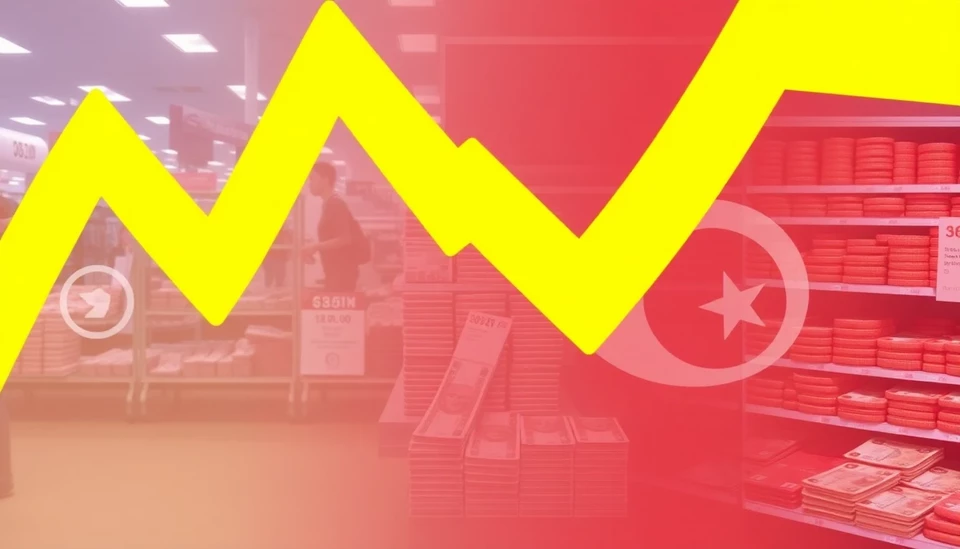
In a development that has caught the attention of economic analysts and policymakers, Turkey's inflation rate for October fell less than anticipated, leaving many questioning the effectiveness of the government's approach to combating rising prices. The consumer price index (CPI) showed a decrease to 63.2% year-on-year from the previous month, a modest drop from September’s 64.8%. Despite the decline, this figure fell short of the expected 61.5%, pointing to persistent inflationary pressures within the Turkish economy.
The slight reduction in inflation was largely attributed to seasonal trends and some stabilizing effects from the global commodity market. However, food prices surged unexpectedly, contributing significantly to the overall inflation figures. Reports highlighted that food prices climbed by 5.5% month-on-month, impacting household budgets and dampening consumer sentiment.
Analysts suggest that while the government’s monetary policies, including interest rate adjustments implemented by the central bank, aimed to tackle inflation, the results remain less impactful than desired. They express concerns over external factors, including geopolitics and global economic conditions, which may be exacerbating Turkey's financial challenges.
Many Turkish citizens are feeling the pinch as rising costs eat into their disposable income. A recent survey indicated that over 70% of the population is dissatisfied with the government’s handling of the economy, and food insecurity continues to be a pressing issue. This sentiment has sparked discussions about the need for more comprehensive economic reforms to foster stability and growth.
Going forward, economists are closely monitoring the central bank's policy shifts, suspecting that further increases in interest rates may be necessary to curb inflation more effectively. However, such measures come with their own set of risks, including potential backlash from the business sector and consumers who are already struggling.
In summary, Turkey's October inflation results reveal a complex economic landscape that poses challenges for both the government and its citizens. As the nation faces mounting pressure to address the issue head-on, the coming months will be pivotal in determining whether substantial improvements can be made.
#Turkey #Inflation #Economy #ConsumerPrices #InterestRates #FoodPrices #EconomicChallenges
Author: Rachel Greene




